When asked to choose between ordering in or going out to eat, many people in the United States chose the latter. A study done on the current roles of restaurants in the U.S. showed that these establishments are extremely ingrained into people’s daily lives. Americans love restaurants for more than just the food they offer. Eating out offers a different and exciting vibe with entertainment and social interactions. As for ordering in, there are usually additional costs, both in terms of money and waiting time. Moreover, due to geographic makeup and population density, individual car ownership in the United States is high. When you own your own car, driving out for a bite seems quite convenient, so why not?
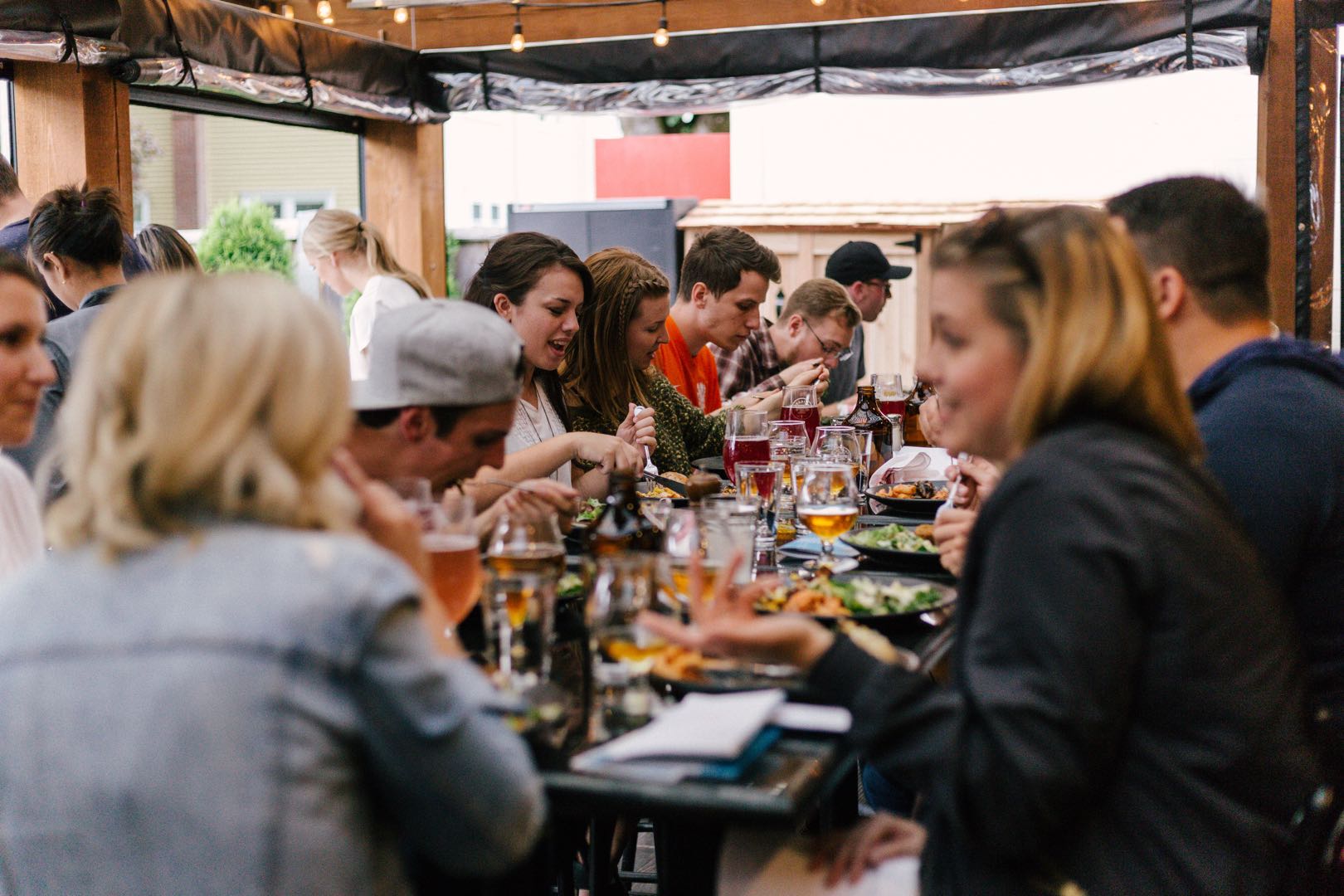
If you asked the same question in China, the answers would be quite different. Ordering in has become a dominant part of China’s dietary lifestyle, with the number of users reaching three hundred million in 2017.
In China, there is a rating standard for different cities. Big developed cities like Shanghai and Beijing receive “first-tier” ratings. Those less developed are then labeled “second-tier cities.” The rating scheme is also a suggestion of popularity and quality of life. Thus many second-tier cities strive to rise to first-tier. To achieve this, they push for further urban development.
This high and rising urban density means large numbers of busy “上班族” (shàng bān zú, current internet lingo for “the working class”) who require speedy food options. Many people living in cities also prefer public transport over owning a car. Yet public transport can be tricky and time-consuming when it comes to eating out. And in large cities like Beijing, notorious traffic jams easily take away one or two hours of your day. Thus, going out for a meal is not a popular option for many in China.
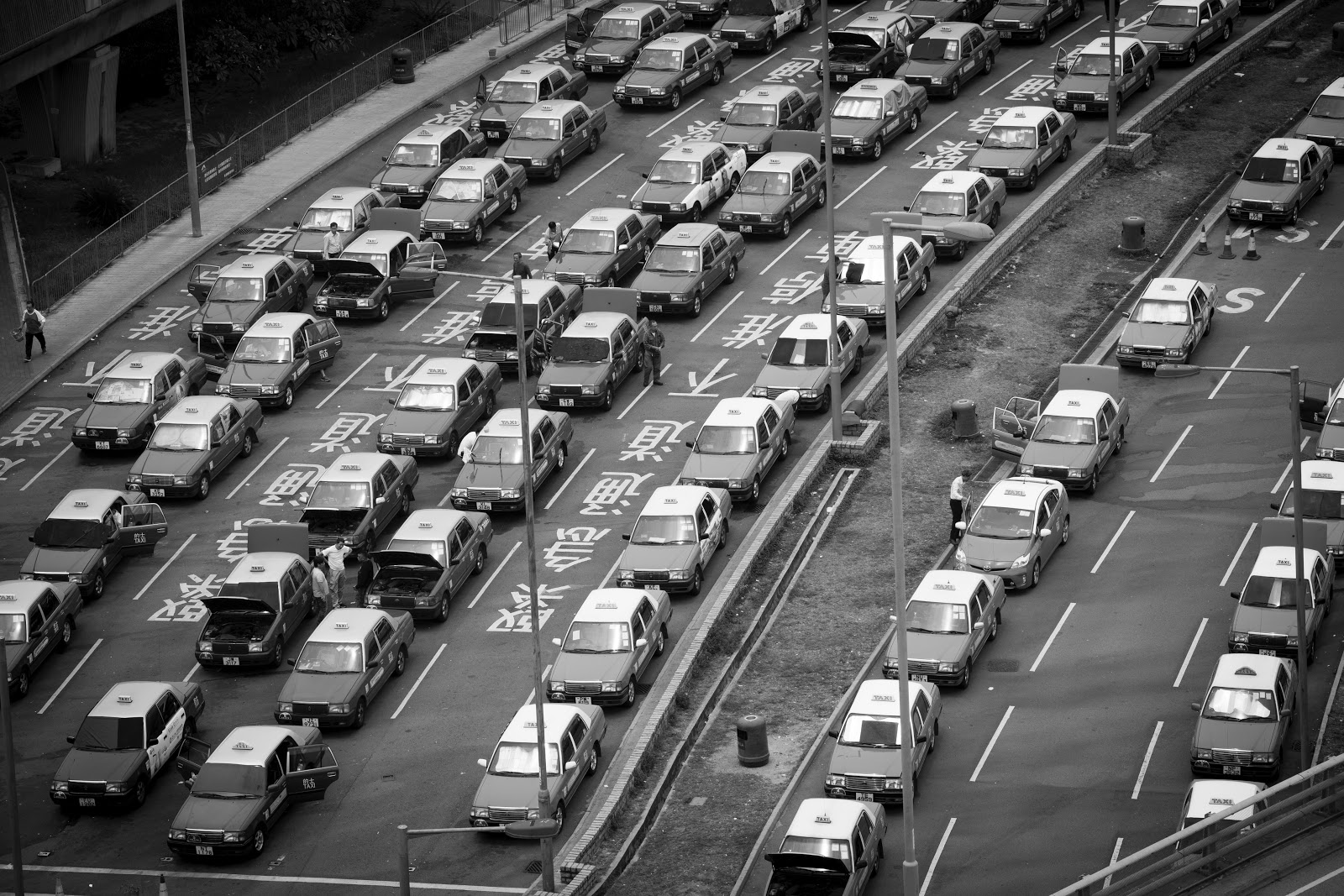
If people don’t like going out for food, why not just cook at home? One reason is that many delivery app users are busy working class people. A vast majority of whom have just started their careers and left home for the first time. For them, speedy food options are a must, and they might not know how to cook for themselves. So, when the choice is between food delivery or instant ramen, food delivery is a much healthier option.
The phenomenon of “懒癌 lǎn ái” (lazy cancer= meaning you have a case of severe laziness) has greatly reduced the appeal of cooking. People joke and bond over the fact that they all have a case of the “lazy cancer.” Cooking takes time and effort. You also have to clean your own dishes as well as the mess you made in the kitchen afterwards. No thanks, too much extra work. Also, with milk tea and other complicated foods, why make your own when you can order in?
Furthermore, China Today has credited food delivery as having liberated both women and “单身贵族” (dān shēn guì zú, “single elites,” people who are not dating or married). With food delivery, women no longer spend long hours in the kitchen. They are free to pursue their careers. Moreover, the number of “single elites” in China reached two hundred million in 2015, more than the U.K.’s and Russia’s populations combined. Internet polls have jokingly shown how people see dining alone, especially eating hotpot alone, as one of the loneliest activities around. Thus to save “single elites” from the heartbreak of sitting all alone at a restaurant, food deliveries have come in quite handy.
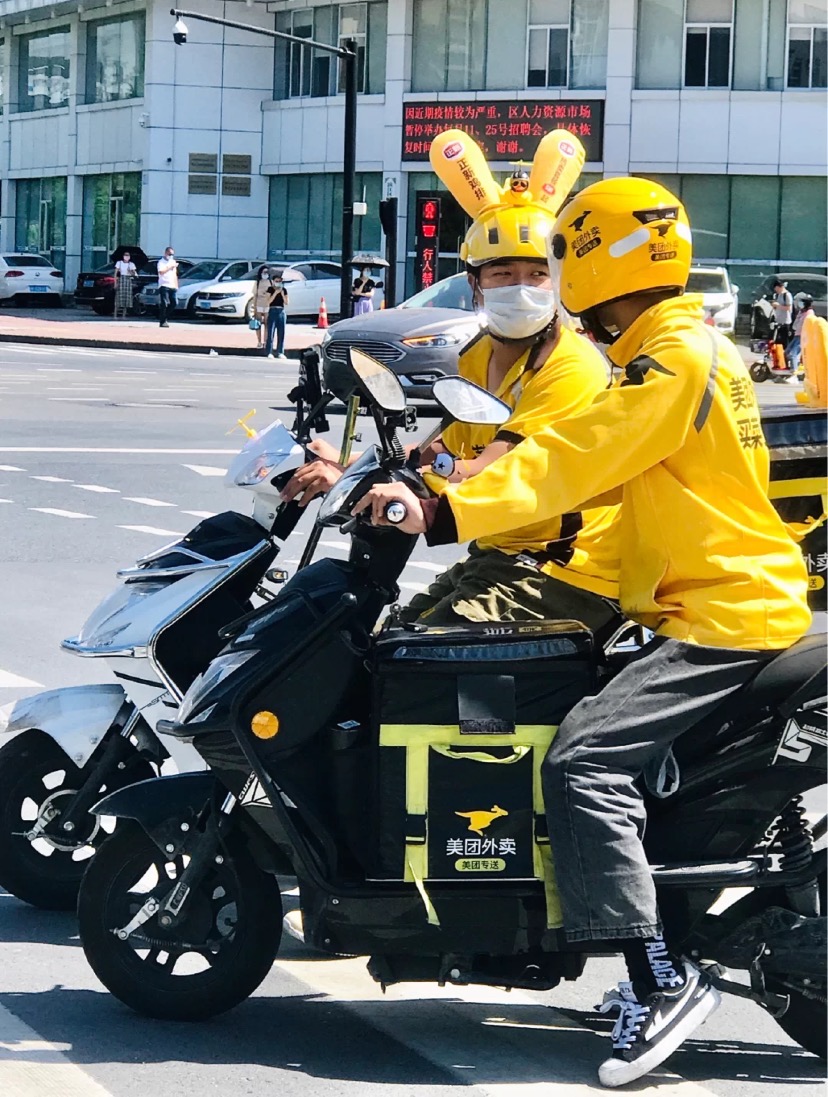
Food delivery has become almost a national culture in China over the past few years. There is an old Chinese saying that goes: “Food is the god of the people.” But in modern Chinese culture, that saying should be changed to “Food delivery is the god of the people.” Ordering in is referenced in many movies and TV shows as the most popular meal choice for young adults. Also, the emergence and popularization of “宅文化” (zhái wén huà, homebody culture) has made staying in almost a social norm. With staying in as the cool thing to do, and diligently cooking as the uncool thing, food delivery services have grown in scale.
Shifts in lifestyles, preferences and social norms explain part of food delivery’s popularity. And the unique nature of the service explains the other half of why food delivery is so popular in China . Take a look:
One thing to notice is that deliverers travel on electric scooters instead of by car. This allows for fast navigation through busy city streets at any hour of the day. Speed is a must for this high intensity job. And keep in mind that each delivery person is dealing with at least two orders all at once. That’s why deliverers almost never walk to deliver orders, they run. This high-pressure comes from fierce competition within the industry, due to well-loaded investors and a large pool of hungry customers. The largest two food delivery companies are 饿了么 (è le me, “Hungry Yet?”), invested by Alibaba, and 美团外卖 (měi tuán wài mài, Meituan Food Delivery), invested by Tencent.
As a result, delivery companies have to constantly up their game. For instance, they have dropped the average estimated delivery time from 38 to under 28 minutes. Other products like medicine and supermarket items can also be delivered . And in case you are craving late-night snacks like these, they have extended delivery hours until well after midnight.

U.S. delivery apps like Grubhub or Doordash serve more as a platform between individual parties (from restaurants to deliverers to customers). But for 饿了么 and 美团外卖, the deliverers are direct employees of the companies themselves, which means they are held more accountable. You can track your delivery person from the moment they pick up your order to the moment they arrive. You can choose to file a complaint or return your order if your deliverer is late. And you receive immediate feedback. Moreover, not only do you get to rate the food, but you also get to rate your deliverer. This includes whether or not the food was delivered hot and in good shape, and whether or not the deliverer had a good attitude. Each deliverer has a rating score that you can see once you place your order. They are held to a high standard and there is very little room for mistakes. Many who fall off their scooters during a sharp turn on a slippery road don’t even check if they are okay. They get right back up, make sure the food didn’t spill, and rush to meet their next order.
These amazing food deliverers work through rain and wind, snow and sun. They are a big part of why the food delivery industry in China has developed so far. Because of the popularization of the industry, many users have also grown aware of the demanding nature of this job. More and more Chinese films and social media platforms are dedicating moments to thank them for their diligence. This in itself has also grown into part of China’s food delivery culture.
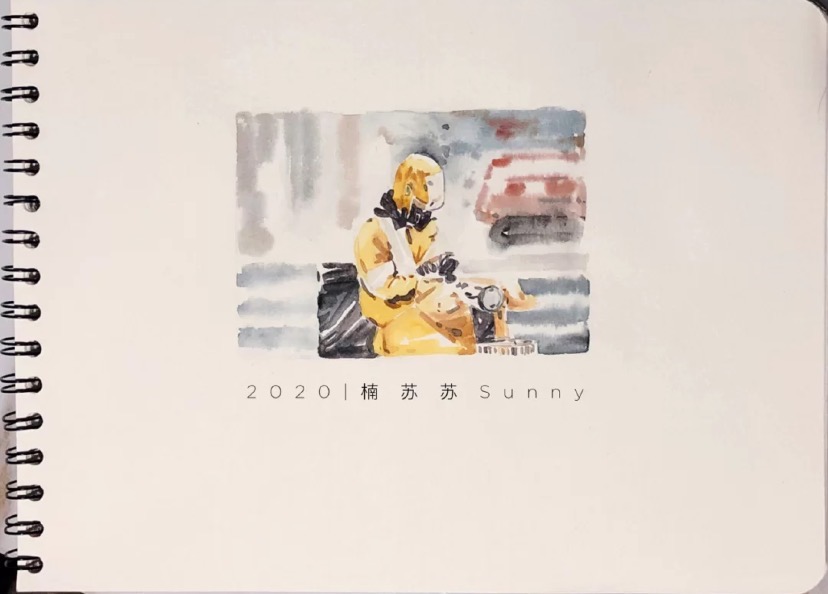
(a drawing by an online artist thanking food deliverers for all their hard work)
[zombify_post]

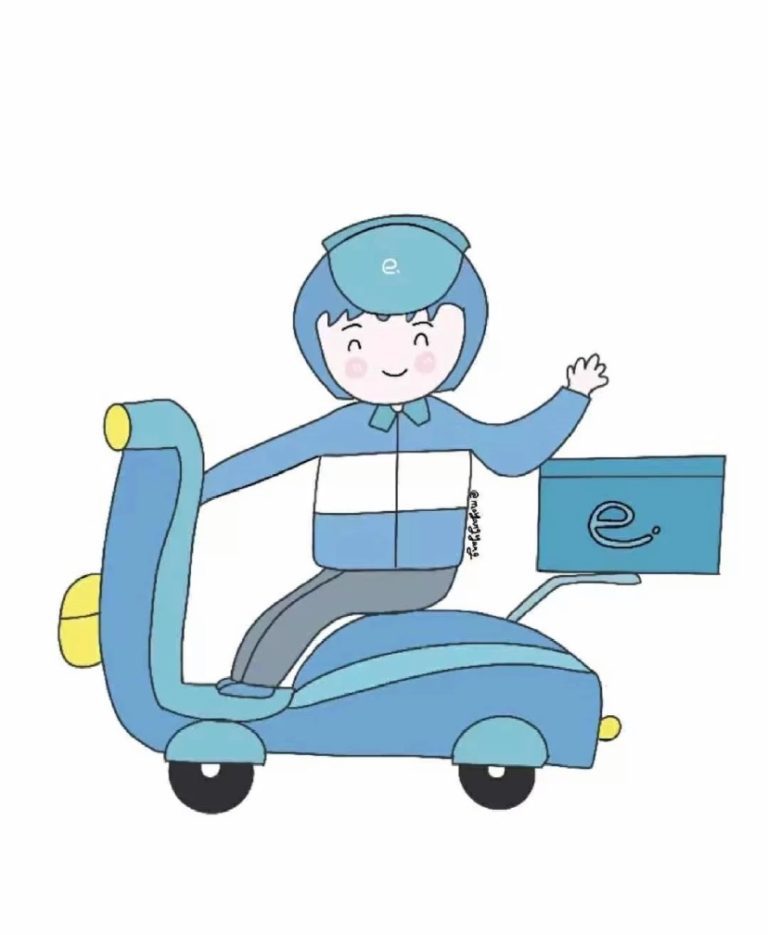
0 Comments